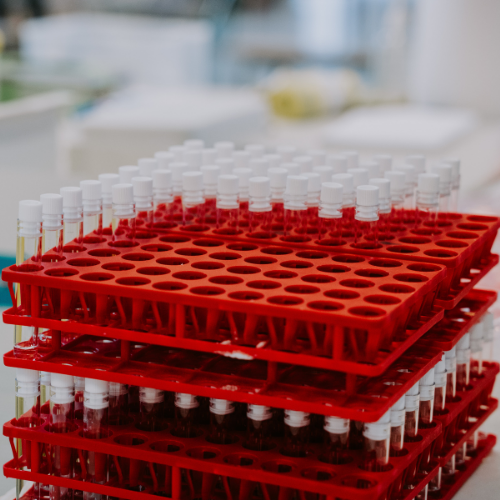

Rockefeller Foundation: Reimagining technology as a community-driven process to expand vaccine access
Article highlights
The rate of daily vaccinations continues to increase in the US, but communities are struggling to vaccinate hard-to-reach residents. @GraysonWiles @EvanTachovsky explore
Share articleAcross the US, community leaders are reimagining how tech can facilitate equitable access to #COVID19 vaccines. Read the full piece on @RockefellerFdn website
Share articleThe #PandemicSolutionsGroup is a network of public officials from across the US. What have they learned about tech as a tool to expand vaccine access?
Share articlePartnering for Learning
We put our vision for government into practice through learning partner projects that align with our values and help reimagine government so that it works for everyone.
During a recent convening of The Rockefeller Foundation’s Pandemic Solution Group, panelist Jessica Cole, Chief Operating Officer at U.S. Digital Response framed technology in this way: “Technology is not always Artificial intelligence or whizbang databases. In this case, technology is making sure that people on the front lines are able to get the delivery right.” Across the nation, community leaders are rising to the challenge and reimagining how technology can facilitate equitable access to Covid-19 vaccines.
Technology is not always Artificial intelligence or whizbang databases. In this case, technology is making sure that people on the front lines are able to get the delivery right.
When pediatric surgeon, Dr. Ala Stanford, realized that people of color in her community were dying disproportionately because they could not get a Covid-19 test, she launched the Black Doctors Covid-19 Consortium (BDCC), a non-profit organization that has expanded access to Covid-19 testing for Black residents in Philadelphia. The group intentionally calls itself the Black Doctors Covid-19 Consortium, wanting “to connote trust in the name" to Black Philadelphians.
As vaccines began to roll-out across the United States, Dr. Stanford knew Black Philadelphians would register for BDCC’s vaccine program given the organization’s community ties, relationships, and support from over 24,000 locals who were tested for Covid-19. Within the first week of launching its initial vaccine signup, 10,000 people signed up online for vaccine appointments, 92% of whom were Latinx or Black. Within a few weeks, “the digital divide crept in,” and that number fell from 92% to 50%, as more individuals from affluent neighborhoods began registering with BDCC.
Read the full article on The Rockefeller Foundation website here.

Read the full article
The rate of daily vaccinations continues to increase throughout the United States, but communities are struggling to vaccinate hard-to-reach residents.
You may also be interested in...


Rockefeller Foundation: Difficult but doable: relationships & trust are helping schools reopen safely
